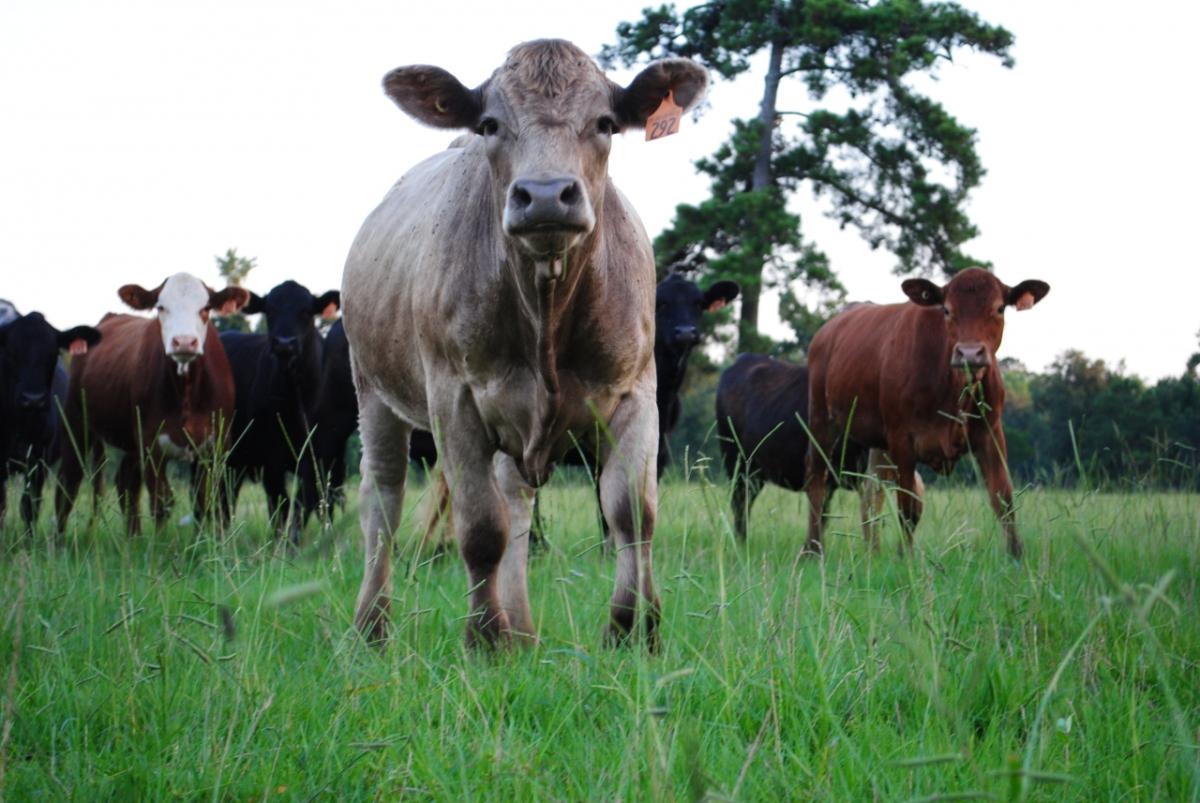Enlisting Cows in the Struggle to Reverse Climate Change
by Amy Brown

Originally published on Triple Pundit
Beef has a bad name these days. The kind of beef, that is, that comes from cows, not the plant-based alternatives from Impossible Burger and Beyond Meat getting so much buzz lately.
A key reason for beef’s bad rap is its large carbon footprint: The Food and Agriculture Organization (FAO) estimates that livestock is responsible for at least 14.5 percent of greenhouse gases being released worldwide.
But what if there were a better way to produce beef—one that actually reduces atmospheric carbon? Fourth-generation Georgia cattleman Will Harris, owner of White Oak Pastures, believes he has found the answer “by coming full cycle to the way my grandfather and great-grandfather farmed the land,” he told TriplePundit. “We call it radically traditional farming.”
In 1995, Harris transitioned his conventional farm operations to a grass-fed, pastured program. Now a recent Life Cycle Assessment (LCA) study by environmental research firm Quantis has found that White Oak Pastures is offsetting at least 100 percent of the farm's grass-fed beef carbon emissions and as much as 85 percent of the farm’s total carbon emissions. Instead of producing net emissions, Harris says his grass-fed cattle sequester more carbon than they produce.
Lower carbon footprint than plant-based alternatives
“The results from the White Oak Pastures’ LCA turns conventional wisdom about beef on its head,” Shauna Sadowski, senior sustainability manager for the natural and organic business unit at General Mills, told 3p.
“Not only is White Oak Pastures beef lower in carbon emissions than conventional beef, it also has a smaller carbon footprint than other non-beef protein sources, including Impossible Burger and Beyond Meat,” Sadowski said, citing the plant-based meat companies' own public LCAs. “Through this LCA on White Oak Pastures, we see the potential for what is possible through holistic land stewardship.”

